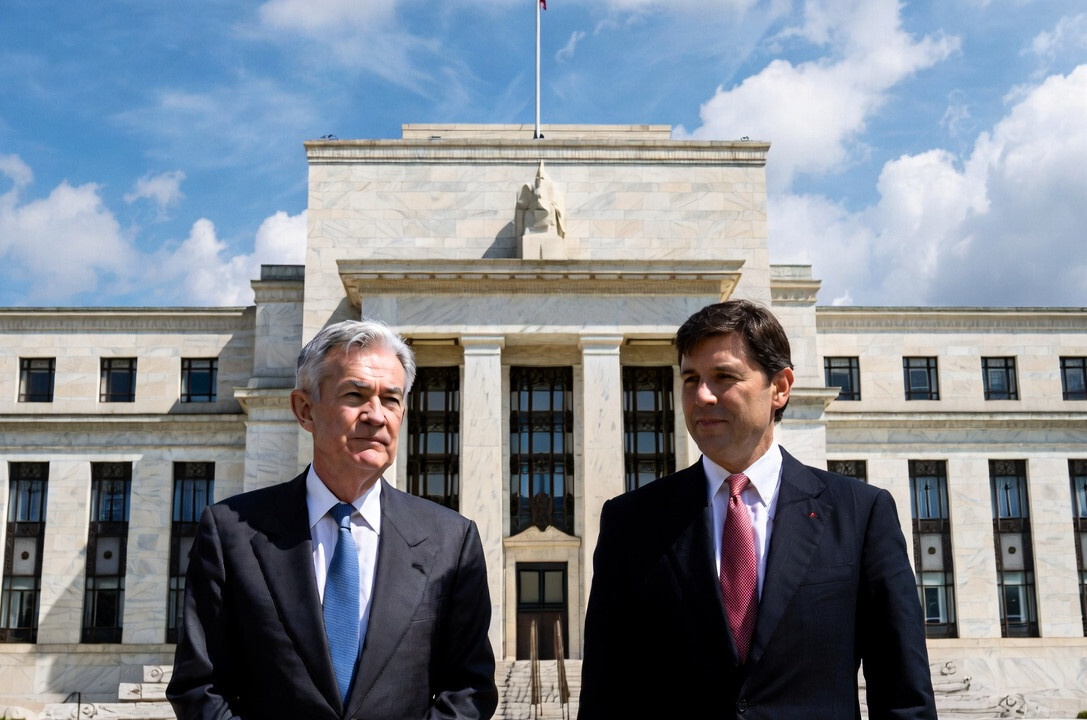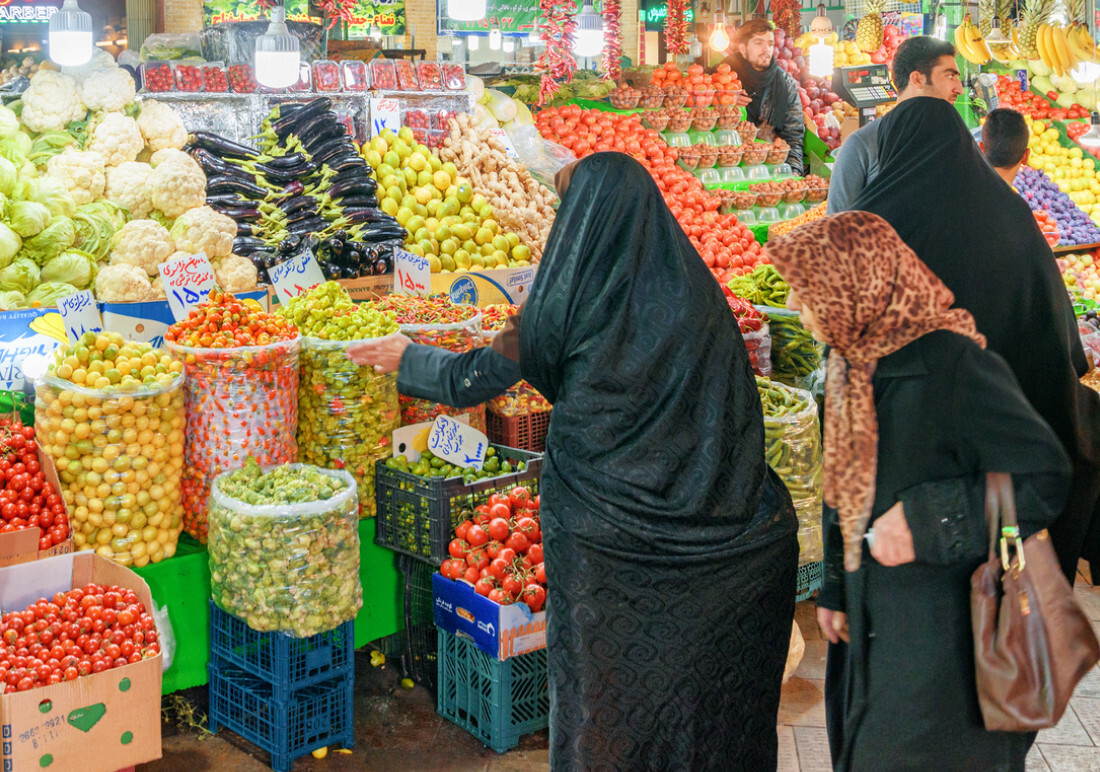Proponiamo alcune parti di un lungo articolo di David P. Goldman uscito sulla rivista New Tabled Magazine. Uno potrebbe chiedersi che senso abbia pubblicare un’analisi simile su un sito di economia. Semplice: laddove si vede bene l’impatto della crescita dei prezzi delle materie prime alimentari sui paesi poveri incapaci di esportare – è la risposta. L’argomento l’avevamo affrontato e lo approfondiamo.
The Obama Administration and other Western governments have acknowledged the depth of the Arab disaster, proposing a massive rescue package. The International Monetary Fund declared late last month that the Middle East and North Africa would require $160 billion in financial support during the next three years. The IMF itself proposes to kick in $35 billion, the first time that institution has proffered money without knowing to what government and under what conditions it will be lent. And the Group of Eight industrial nations, meeting in France, announced a $40 billion aid package for Egypt and Tunisia, without stating where the money will be found or whether thrift-minded legislatures will provide it.
Of all the foreign aid programs ever put forward by major governments, this latest aid package seems perhaps the least likely to succeed, even if Western governments do decide to pay for it. After the fall of Communism in 1989, Western governments announced $40 billion to $70 billion worth of transition aid to post-communist countries, but barely a tenth of the promised aid was actually disbursed in the peak year of 1992.
The IMF and G-8 announcements reflect a belated, panicky acknowledgment on the part of Western governments that everything is about to go very wrong.
The Arab countries’ economic problems are incomparably worse than those of the post-communist world. Russia, the world’s largest oil producer, was largely self-sufficient in food and held its own in high-tech military competition with the United States until the 1980s. Prior to the fall of Communism, Eastern Europe was literate, urban, and industrial.
A 2009 World Bank report on Arab food security warned: “Arab countries are very vulnerable to fluctuations in international commodity markets because they are heavily dependent on imported food. Arab countries are the largest importers of cereal in the world. Most import at least 50 percent of the food calories they consume.”
Two-fifths of Egyptians can’t read. Egypt imports half its wheat, the staple food commodity. More than nine-tenths of married Egyptian women have suffered genital mutilation. Three out of 10 marriages in Egypt unite first or second cousins, reinforcing clan loyalties. The only institution of national cohesion is the army, but the army itself is at risk. “After the humiliation of [former President Hosni Mubarak],” a former U.S. Secretary of State remarked in a private think-tank briefing, “the generals know that they can be brought down by street demonstrations.” The military-business clique that ran the country for 60 years under Gamal Abdel Nasser and then Mubarak is fleeing, taking whatever they can with them.
The Facebook activists of Tahrir Square became the revolution’s poster boys, but very few of them have jobs, or will ever get them. Egypt’s new finance minister, Samir Radwan, told the Financial Times in February: “I’m generalizing, but a large number of the Egyptian labor force is unemployable. The products of the education system are unemployable.” Of Egypt’s 700,000 university graduates, a tiny percentage lands a job with outfits like Google, as activist and Mubarak opposition leader Wael Ghonim did after studying at the American University in Cairo. (He has spent the last few weeks in the United States signing book deals and receiving awards.)
Four months into its revolution, Egypt displays the symptoms of social disintegration last seen in Russia after the fall of Communism or in Nicaragua in the last days of the Sandinista regime. I observed both, as an adviser to Boris Yeltsin’s finance ministry and to President Violeta Chamorro after she won Nicaragua’s presidential election in 1990. But there’s a deadly difference between Egypt, Syria, Tunisia, and Yemen and past episodes of economic chaos: The poor Arab states have been at the brink of a food crisis for years, and the doubling of world food prices during 2010 pushed them over the edge. The revolts, in part a response to the food crisis, have made matters irreparably worse.
The chain of food distribution has broken down for several reasons: a lack of money, theft and hoarding of available food stocks, and a battle for control of food supplies between a welter of government and private entities. Mobs, in the form of “revolutionary committees,” are attacking shops whose owners “charge more than the price prescribed by law,” the Federation of Egyptian Radio and Television reported. The Ministry of Solidarity and Social Justice warned of “thugs” in control of bread and fuel, raising bread prices far in excess of the 11.5 percent inflation reported for April by the country’s central bank. The price of some items, including sugar and cheese, has doubled in some urban markets in the past two months. Reuters reported last month that the country lost $6 billion of official and $7 billion of unofficial reserves, and had only $24.5 billion on hand at the end of April.
Egypt’s social structure—with two-fifths of the country mired in extreme rural poverty and another quarter starving on thin subsidies in Cairo and Alexandria—simply is not viable. Like many Third World autocracies, Egypt suppressed agricultural productivity in order to keep half its population barefoot, illiterate, and down on the farm. Once the breadbasket of the Mediterranean, Egypt’s wheat yield is now a fifth of that produced in the United States. It cannot feed itself.
Egypt is in an economic trap without an exit. Syrian President Bashar al-Assad made a few tentative steps toward reform and ended up with 100,000 dispossessed farmers living in tent cities around Damascus. Other developing economies have had better luck than the hapless Syrians. Mexico pursued the same policy of rural impoverishment for half a century and solved it by shipping a fifth of its people to the United States—and Mexico is an oil-exporting country that is roughly self-sufficient in food and has substantial industry.
Si vedano anche:
Egitto
Una primavera piena di ostacoli
© Riproduzione riservata










